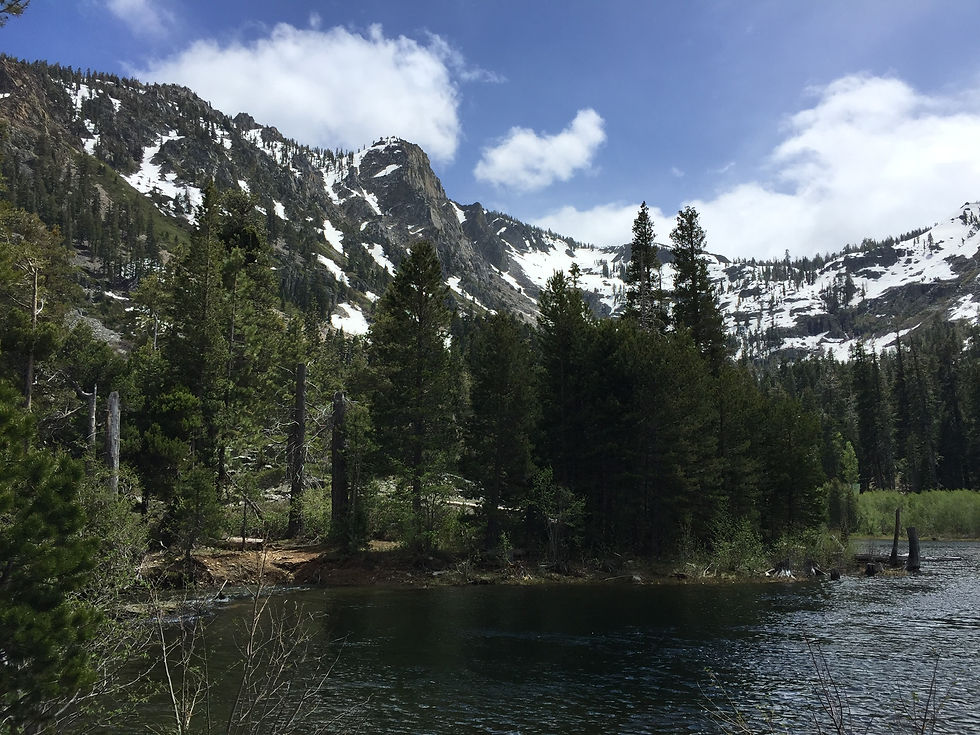The Dance of No Movement
- Tina Embree
- May 28, 2020
- 3 min read
Updated: Mar 20, 2023
I love dancing. When I dance, I do not think about how to move, I just let my body dance. I feel joyful in this kind of movement. Most everyone has something in their life that is like that, something that they “get lost in.” For some this may be athletics, or a creative activity like painting, gardening, cooking, or just being and walking in nature, taking in the beauty and the freshness of the trees and the sunlight, the breeze, the sea.
There is a natural, unpracticed way of moving in such an activity where the thinking, conceptual mind does not need to direct or distract from the joy that is being expressed and experienced. The body knows how to move itself. The cells know how to grow and function. The life force that is in all of life is intelligence, it is aliveness itself. Our human life is perhaps too often mental – thinking has its place and function, but perhaps it does not need to direct so much of what we do and how we do it, as humans.
While I typically interpret the word “movement” to mean physical motion, movement can also be mental or emotional.
At a retreat, I was introduced to a set of five relatively simple, yet powerful questions that can be applied to so many circumstances and situations – physical, emotional, mental. These questions can be used to meet any situation where there is a sense of agitation, friction,

dissatisfaction or discomfort. These are not intended as a perpetual “practice” but as an investigation in a moment, a willingness to experience what is being experienced, in the moment.
What is the movement toward something? (moving to obtain, acquire, collect)
What would the acquiring of that give you? What would it add to you? What is lacking, and can this thing, experience, or person actually fill that space?
What is the movement away from something?
What is attempting to be avoided or escaped from? Is there pain or fear driving this reactive mental, physical, or emotional attempt at distancing, and is that fear actually reasonable in this situation? What is the discomfort? For a moment, can you simply be uncomfortable?
What is the movement of holding something? (To keep, to protect, so as not to lose it)
What does this keeping give you? Dig deeper - for example, if you answered security, is this security of the body, the mind, the emotions, and does keeping this, holding this, actually guarantee that security? What would a feeling of security give you?
What is the movement against something?
What is being pushed away? What is actually being threatened that brings up this instinct? What is being attempted to be sent away? Is this really, truly threatening, or is this perhaps a reaction of the mind, triggered from the past? Is that reaction actually appropriate, and proportionate, right now, in this situation?
What is the movement of not moving towards, away, or against? (Just in this moment)
Is it possible to allow what is being felt, experienced, or thought to just be present? Can I observe, witness, be aware of the instinct, desire, or fear without fixing it, or moving it, or changing it, just for a few moments? Can I bear it? Is there some peace in this allowing? From this space of openness, is there an intelligent movement that is appropriate? Can I wait for that clarity to direct my movement, rather than following a passing thought or emotion (to a possibly limited or even harmful outcome)?



Comments